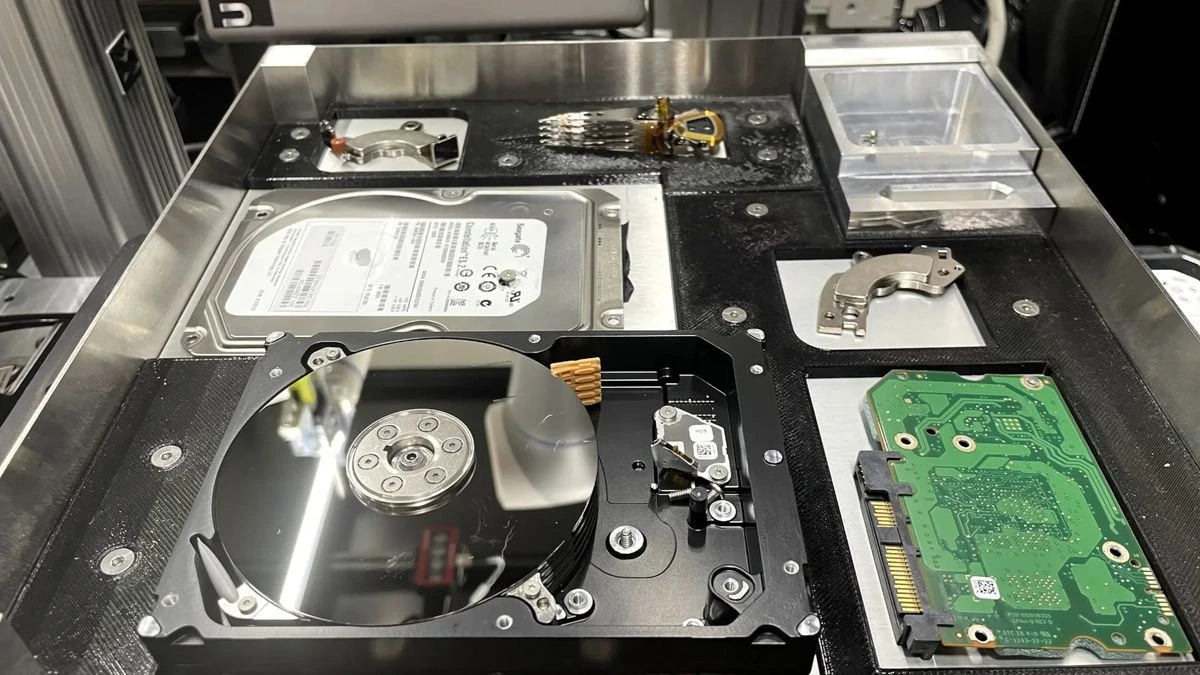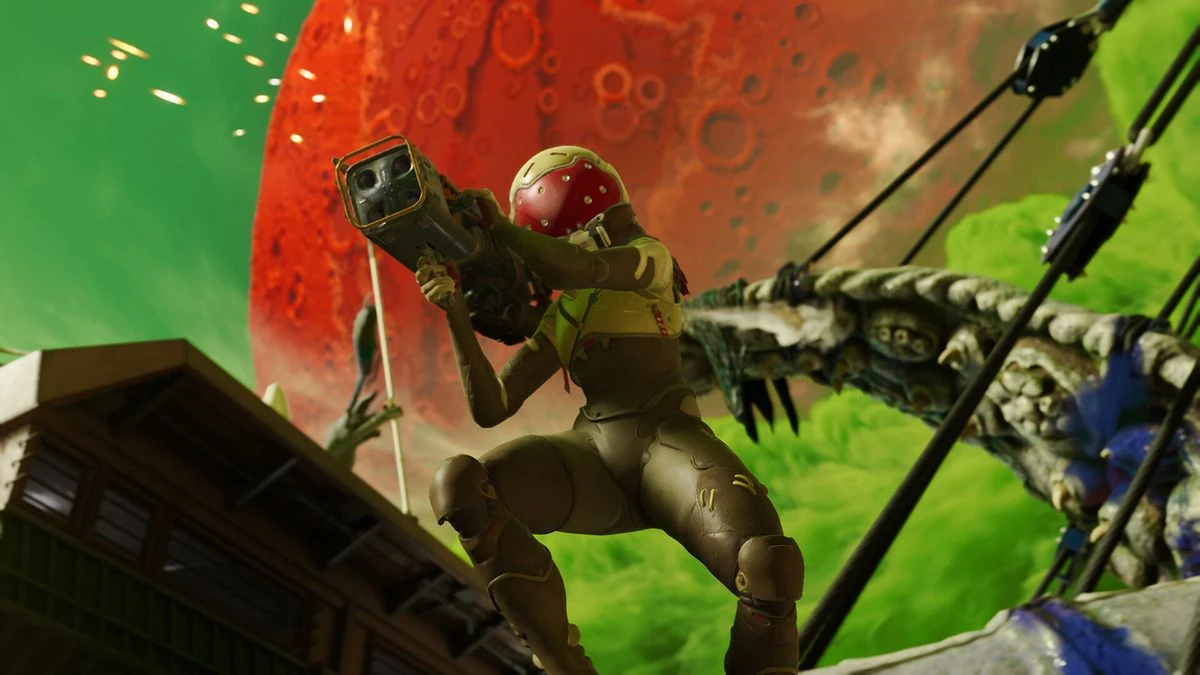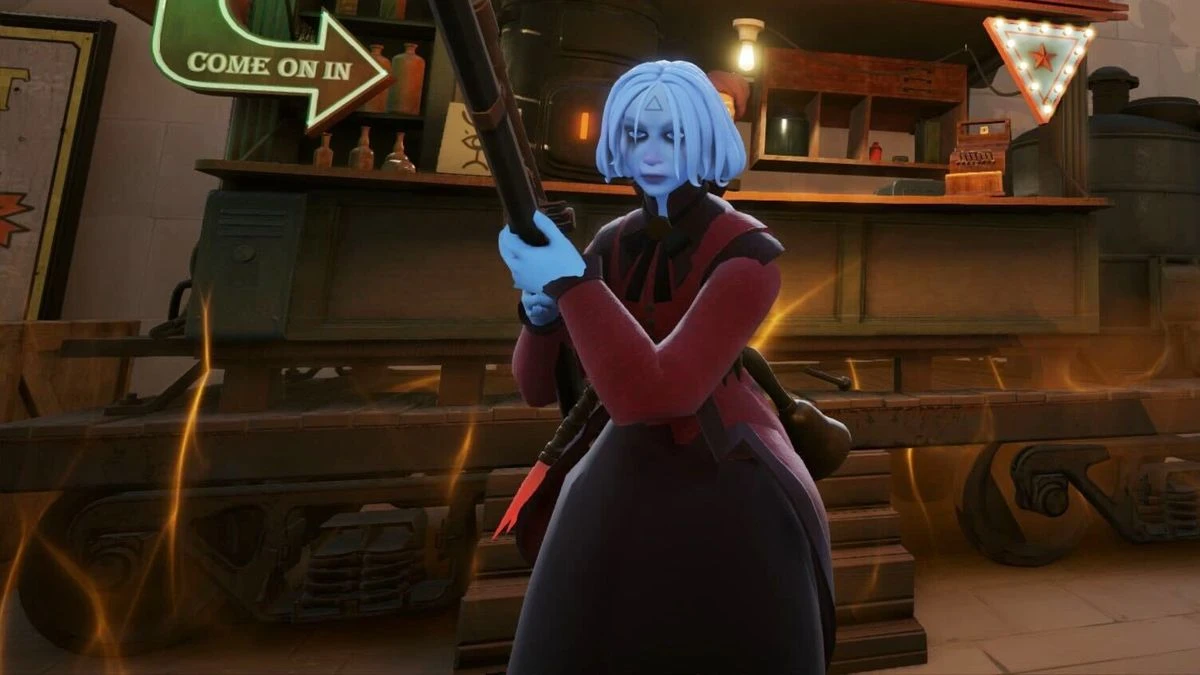Microsoft's Recyclobot uses computer vision and machine learning to open and recycle 90% hard drive components
Data centers produce 50 million metric tonnes of e-waste each year. Defunct hard drives are a significant part of that total. These are usually shredded and ground to prevent sensitive information from being accessed. Microsoft thinks it has the solution: use robots to disassemble each drive and recycle nearly all of the materials.
Storage drives are used heavily by AI and data servers, so they need to be replaced regularly to avoid service interruptions. Microsoft (via Sweclockers) reports that 20 to 70 millions hard drives are shredded each year. However, only a small amount of this material is recycled.
Ranganathan Shrikanth, principal data scientist at Microsoft was dismayed and so created a project titled Secure Sustainable Disposal of Hard Disks for the 2022 Microsoft Global Hackathon. The goal was to create a solution which would ensure "90% reuse or recycling rate of all hard drives by 2025."
It's easy to do by hand, but it's not appropriate for the sheer number of drives that are thrown away every year. Microsoft used robots and machine-learning to automate the tedious and repetitive tasks of disassembling a hard drive and recycling the components (especially the valuable Neodymium magnets). The platters are the only parts that get shredded.
It's an admirable goal, but not as simple to achieve as you might think. While hard drives have similar dimensions, identifying screws, other parts, and sorting them based solely on appearance requires AI training.
The video above (ignore the initial minute, it gets better) shows the small group's achievements so far. Although it's still far from being ready for industrial use, I'm certain the robotics industry would be interested in taking on this challenge.
I've always disassembled my old hard drives, recycling all the metal parts, sending them to be shredded and then having a lot of fun with the magnetic strips. It is a very tedious process, which is why robots and machine-learning would be used on a large scale.
The process is much more difficult for an entire computer. However, with further research, it could be adapted to include desktop and laptop PCs. They are more difficult to disassemble and identify parts than a simple hard drive, but they contain valuable materials that can be recycled.
This kind of use of AI is my favorite.




Comments